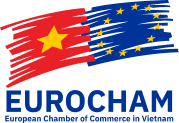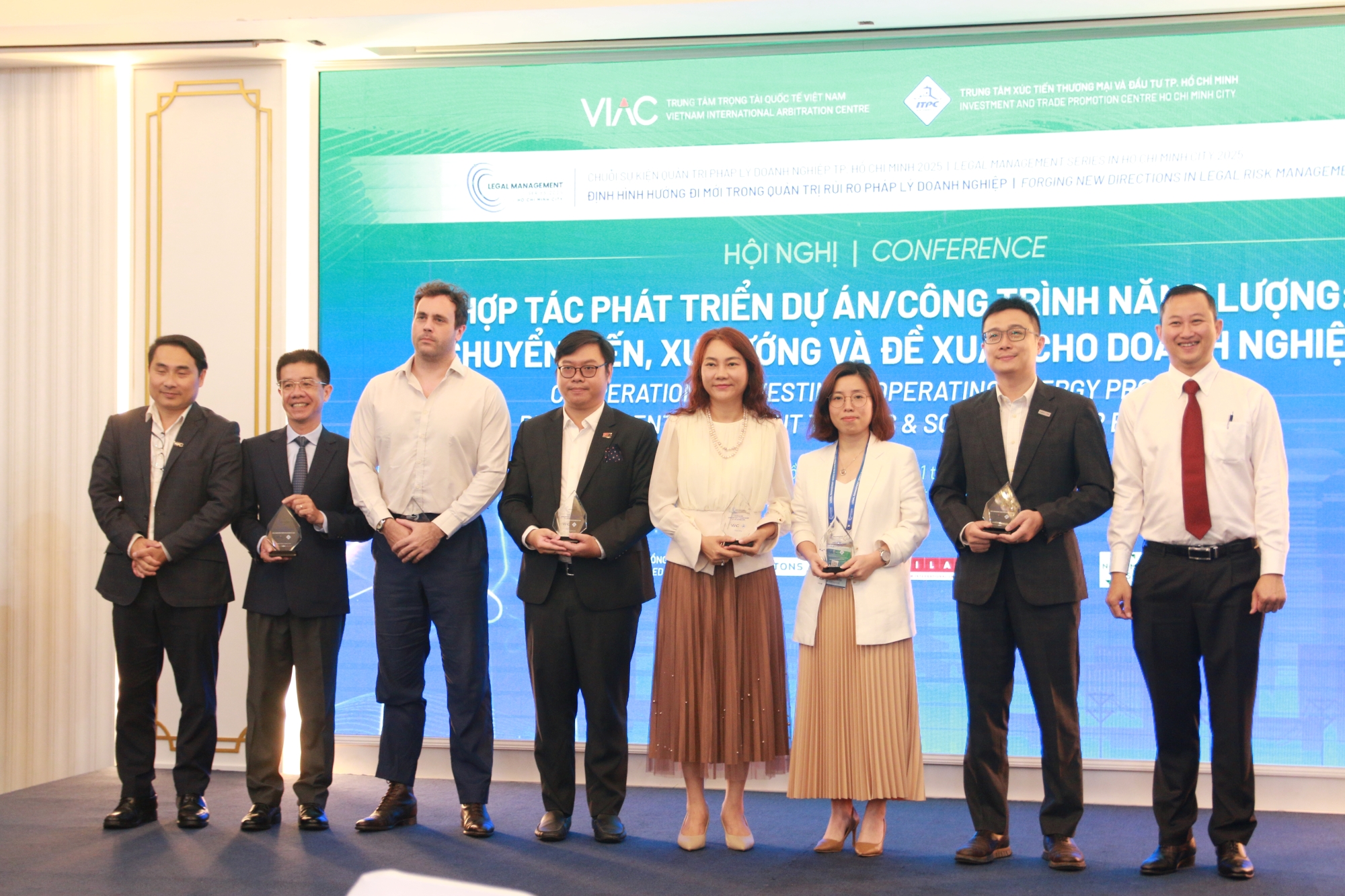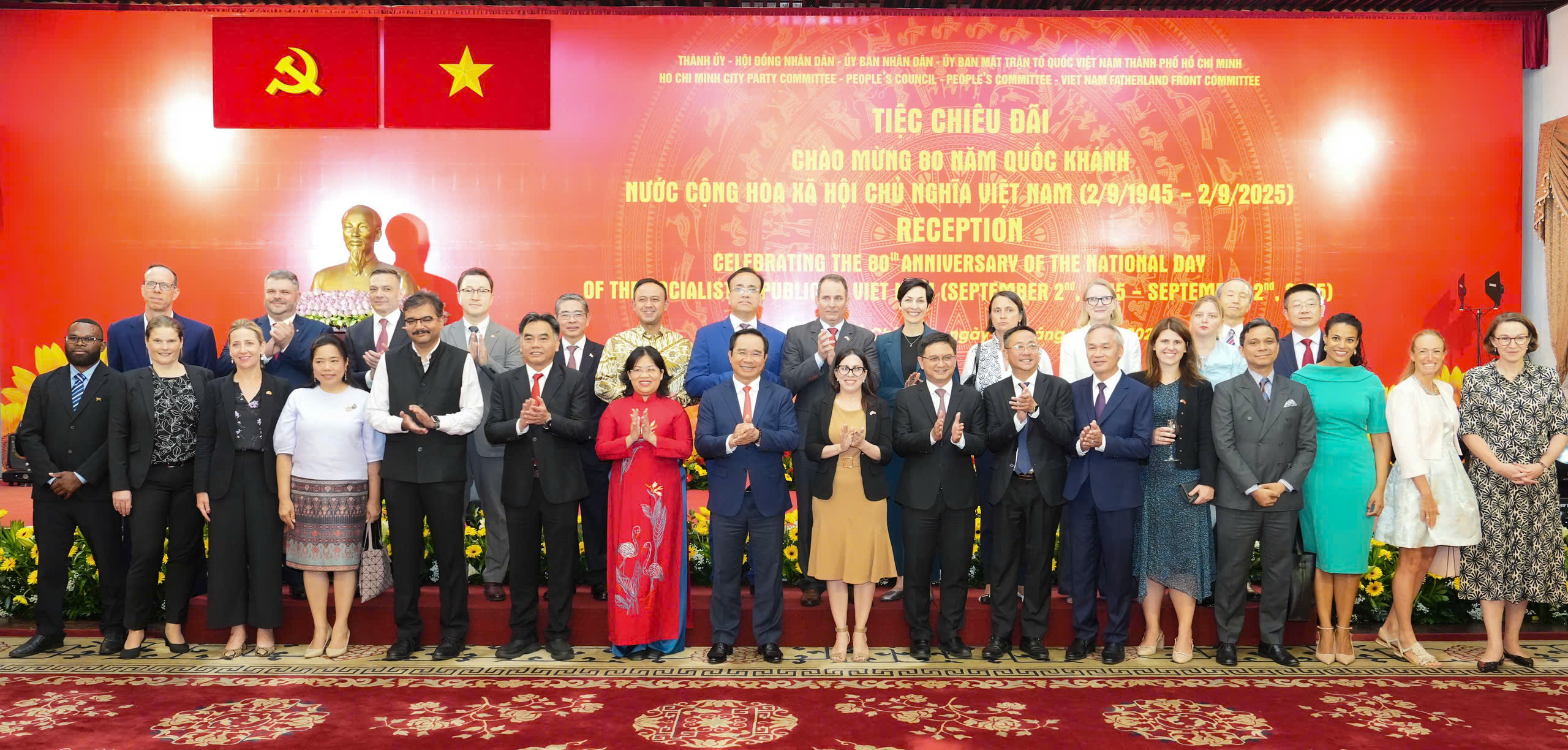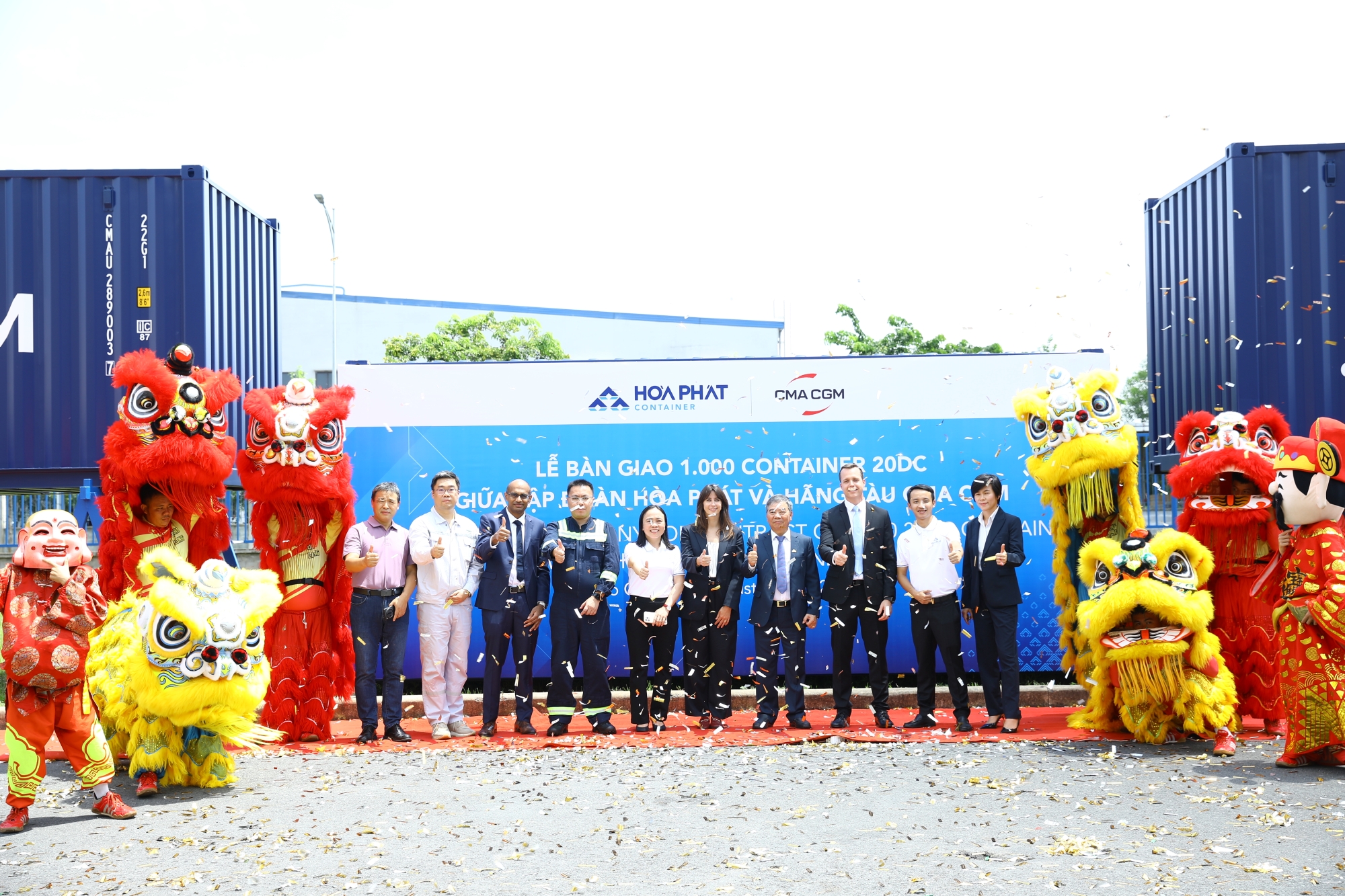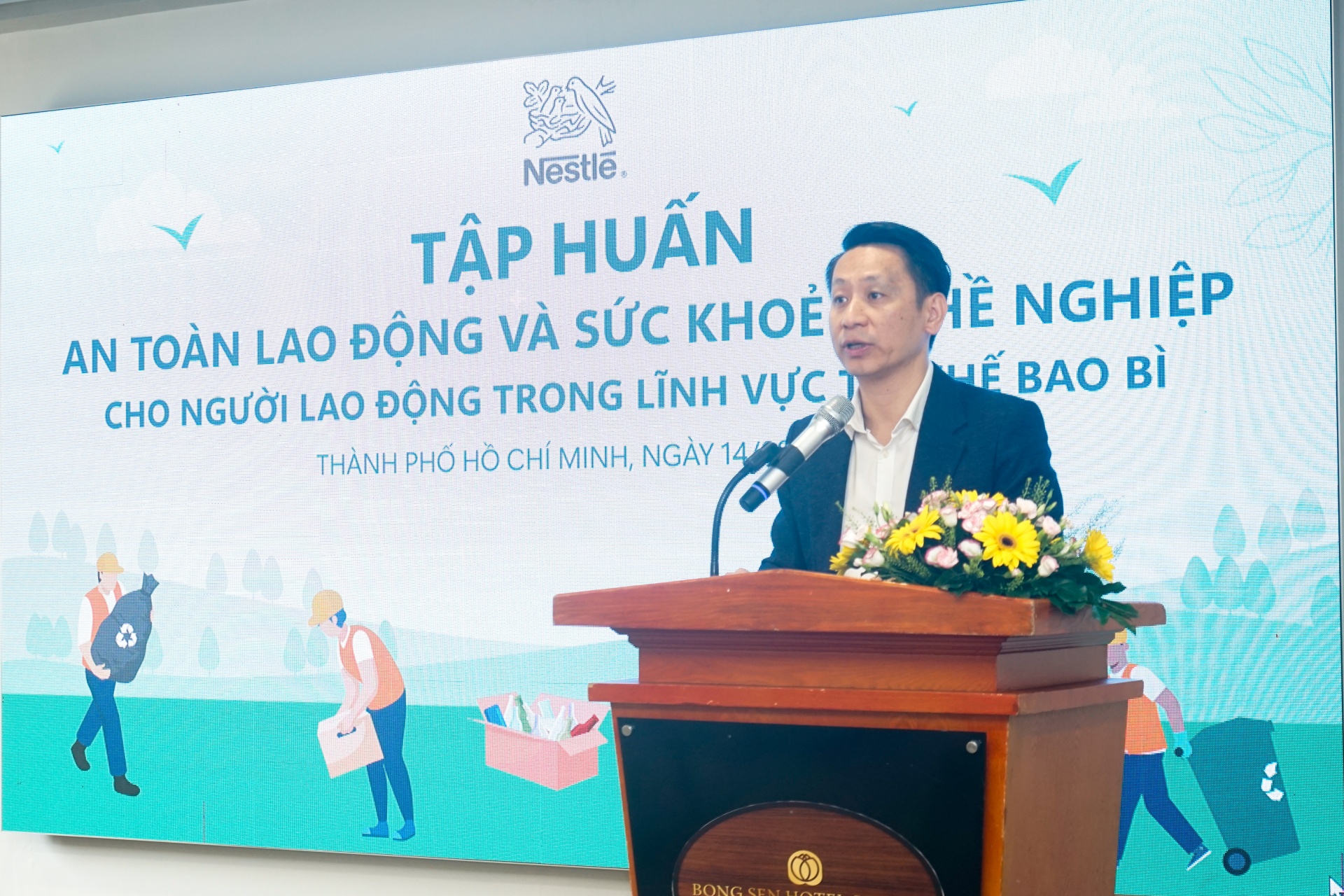On 7 November 2024, EuroCham’s Mobility Sector Committee (Mobility SC) engaged in a strategic discussion with Mr. Ulrich Weigl, Head of Trade at the EU Delegation to Vietnam, and Mr. Ky-Anh Le, Economic and Trade Specialist at the EU Delegation, to address pressing issues and potential solutions within Vietnam’s automotive industry. EuroCham was represented by Mr. Jean-Jacques Bouflet, Vice-Chairman in charge of Advocacy, along with key Mobility SC members, including Mr. Andreas Klingler, Chairman of the Mobility SC, Mr. Thanh Vu, and Mrs. Hue Hoang. Mrs. Diep Truong, Advocacy Manager, and Mr. Trung Luong, SC Assistant, also participated in the meeting, which sought to address economic challenges, regulatory inconsistencies, and strategic opportunities for aligning Vietnam’s automotive policies with international standards.
Industry Challenges and Economic Complexities
Vietnam’s automotive sector is navigating a complex landscape shaped by domestic economic challenges, shifting consumer preferences, and regulatory constraints. The group highlighted that while Vietnam’s commitments under free trade agreements, such as the EU-Vietnam Free Trade Agreement (EVFTA), are instrumental in fostering fair trade and supporting green growth initiatives, regulatory practices and economic barriers still hinder the full potential of the industry.
Selective Tax Incentives and EV Adoption
One of the primary concerns discussed was the impact of selective tax incentives. Currently, tax reductions favour domestically assembled vehicles (CKD) over imported vehicles, raising questions about trade fairness. While the Vietnamese government has introduced policies promoting electric vehicles (EVs), these incentives have primarily benefited local manufacturers, potentially limiting the appeal of foreign-made EVs. Mobility SC members advocated for more equitable tax policies that could accelerate EV adoption across the board, benefiting both local and international stakeholders.
Homologation and Testing Barriers
Another key challenge involves homologation and testing requirements. Under current regulations, even EU-certified automotive parts must undergo re-testing in Vietnam to meet specific local standards and content requirements. Due to the 55% EU-origin content requirement for parts to qualify for tax benefits under the EVFTA, many imported parts fall short, adding extra costs and regulatory hurdles. Participants from both sides called for reforms to streamline these processes and reduce redundancies, suggesting that mutual recognition of EU homologation standards would be a significant step forward.
Inconsistent Regulatory Requirements
The meeting also shed light on inconsistencies in regulatory requirements and document submissions, with manufacturers often facing varying demands that contribute to delays and increased operational costs. Despite many components already meeting UNECE standards, some still require additional documentation under Vietnamese regulations, complicating import processes and impacting market competitiveness.
Proposed Solutions for a Balanced and Sustainable Market
To address these issues, EuroCham’s Mobility SC presented several proposals aimed at fostering a more balanced and sustainable automotive market in Vietnam. Key recommendations included the mutual recognition of EU homologation standards to eliminate redundant testing and the establishment of consistent tax policies for both CKD and imported vehicles. Such measures would help Vietnam align its automotive policies with its green growth strategy, while ensuring that foreign and domestic players compete on equal terms.
Looking Ahead: Collaborative Advocacy Efforts
Both sides committed to continued collaboration to address the sector’s challenges, with the proposed recommendations expected to feature prominently in EuroCham’s upcoming White Book. This document, which will be shared with Vietnamese authorities and the EU Delegation, aims to provide a comprehensive roadmap for overcoming regulatory challenges and advancing the automotive sector’s role in Vietnam’s green growth agenda.
